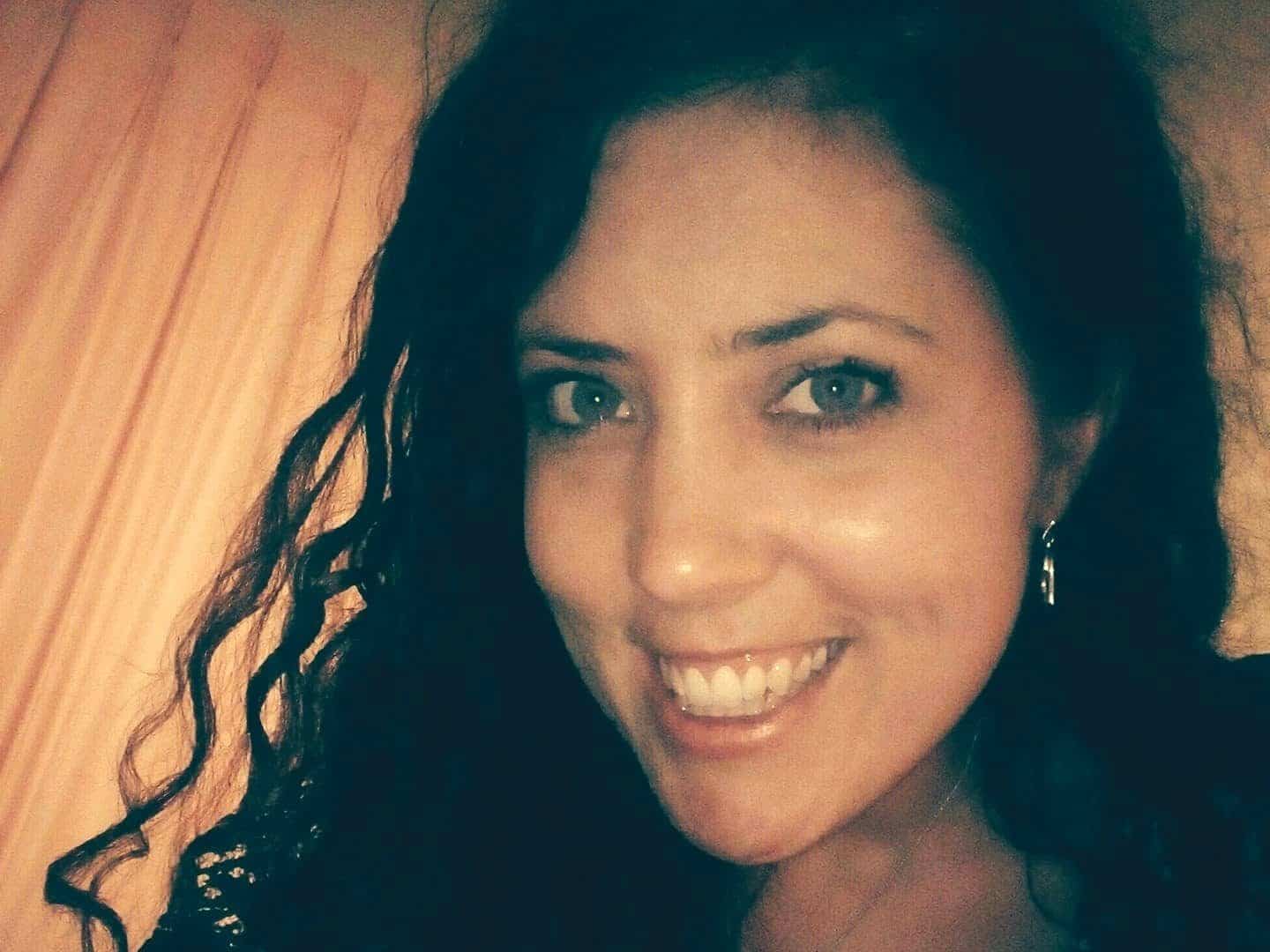
Kirralee Nicolle
22 April 2022
Deb Fox lives an exuberant life. She is passionate about her job as a journalist for a mission organisation. She loves being involved in her church, St Alfred’s in Blackburn North. She has a vast social network and a ready laugh which bounces off the walls of her small unit. A capable dancer, her petite frame seems to simmer with energy despite the exhaustion evident in her eyes.
When I arrive, she meets me at the door with a grin, then cautiously steps backwards.
“I just want to check, are you doing hugs?” she asks. “I don’t want to overstep.”
Knowing a little of her story, I am initially surprised at her willingness to initiate physical contact during a pandemic.
Deb has been largely housebound for almost a year.
But in her case, COVID-19 is only a minor factor.
Deb sits on the couch across from me. She leans forward, straining to think. Just as she catches a thought, it seems to slip away again, and another seemingly takes its place.
See, just two days ago, Deb had a seizure.
She explains to me how following a neurological event such as this, it can take a little while for the brain to recover.
Around the age of 10, Deb was diagnosed with a rare autoimmune condition, which affects her ability to fight infections. Deb also concurrently struggled with her mental health, including debilitating bouts of OCD.
Just last year, however, another sinister health challenge reared its head.
After fainting at work, she was undergoing monitoring in hospital when medical staff noticed she was having a seizure.
This began a series of tests, which eventually led to the diagnosis of Functional Neurological Disorder (FND), a condition which, besides causing seizures, affects Deb’s ability to walk and talk.
Because of the similarity of the symptoms, her specialists originally thought that she was experiencing epilepsy.
During and after a seizure, Deb may be temporarily unable to communicate. She also finds that the limbs on the left side of her body sometimes operate differently to those on her right side. She experiences significant nerve pain. Each seizure is also followed by several days of deep fatigue.
A further difficulty has been the nature of her diagnosis.
While patients with FND experience symptoms consistent with a neurological difference, the underlying cause remains a mystery. Deb tells me how in her case, it may be the result of a virus, another kind of illness or a traumatic event.
Or, it may be all three.
She tells me that to be permitted to drive, she would need to be seizure-free for a minimum of three months.
As a result, she hasn’t driven a car since June 2021.
Because of the heightened risks associated with catching COVID-19, she has also been hesitant to enter confined spaces, such as taxis and Ubers.
“It has really shown me how independent I’ve tried to be,” she said. “But it has pushed me to rely on others, and to rely on God.”
Deb tells me how one of the greatest challenges with a chronic illness is being taken seriously. From specialists to fellow Christians, the chronically ill may be told they need to ‘just believe’ more, that they are not seeking healing effectively, or perhaps worst of all – that they are making it all up.
As we reach the midpoint of our interview, Deb grows quieter and her voice becomes steady, her thoughts clear. The words flow, as if they had just been waiting for the right moment.
She tells me how one of her favourite hymns is ‘Just as I Am’ – “an oldie but a goodie,” she says, laughing.
The third verse of the hymn features this cry:
Just as I am, though tossed about
With many a conflict, many a doubt;
Fightings within, and fears without,
O Lamb of God, I come, I come!
“One of the biggest revelations for me is that God loves me just as I am,” she says.
“I don’t have to be this perfect person who has got it all together, as He loves me and treasures me [anyway].”
She pulls her knees up on the couch, her eyes raise slightly toward the ceiling.
“As much as I’d love to be this super healthy person [who can do anything I want to do], [God] has created us all in a way that we can reflect His glory wherever we are.”
Deb says how God spoke to her at the end of 2019, around the beginning of the COVID-19 pandemic.
She tells me how He gave her the phrase from Esther, “for such a time as this”, with the assurance that He had called her to minister to others in this time.
“It’s amazing how God has used my experiences to build empathy for other people,” she says.
“I’ve actually found that [the limitations of] my illnesses [provide] a good way to reach those who feel like they aren’t good enough to go to church.”
For more faith news, follow The Melbourne Anglican on Facebook, Twitter, or subscribe to our weekly emails.






